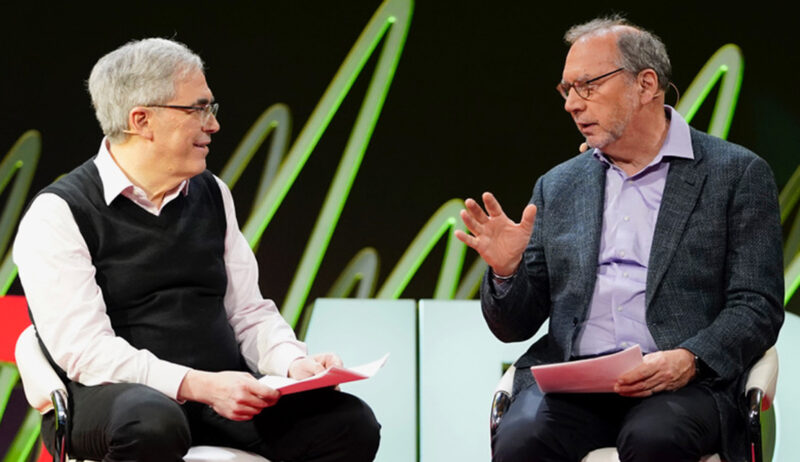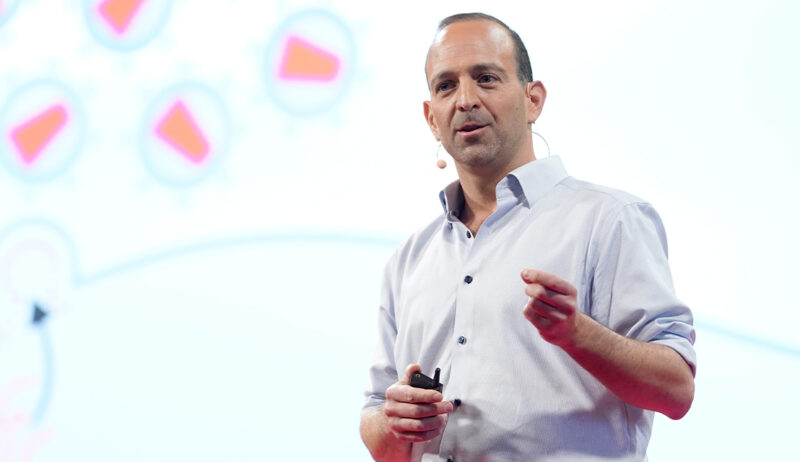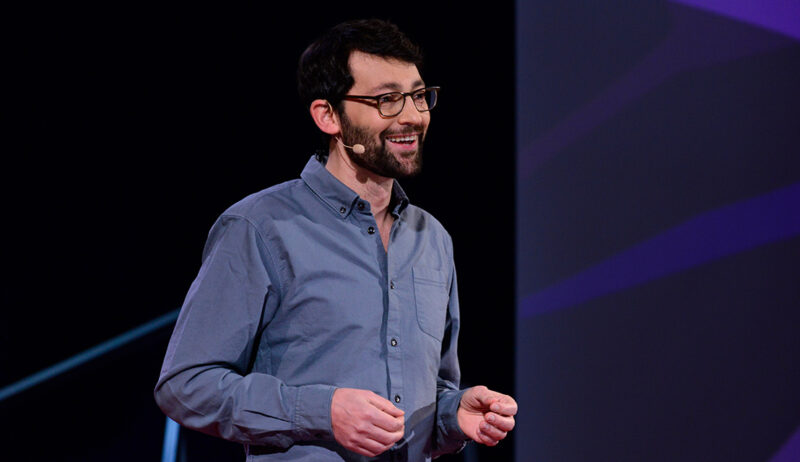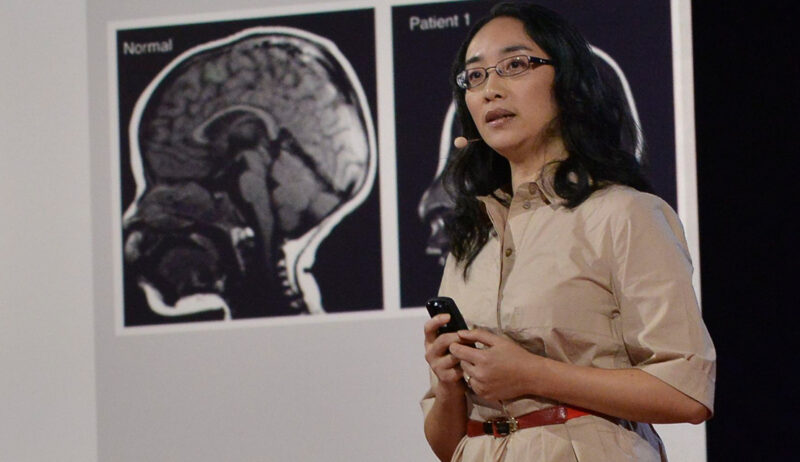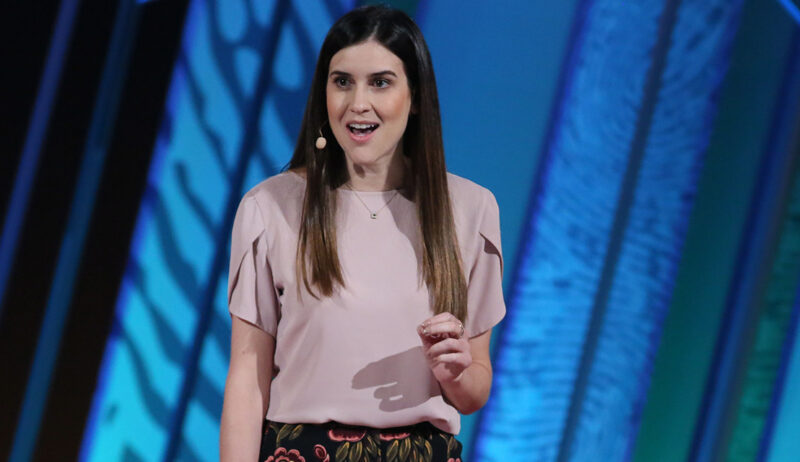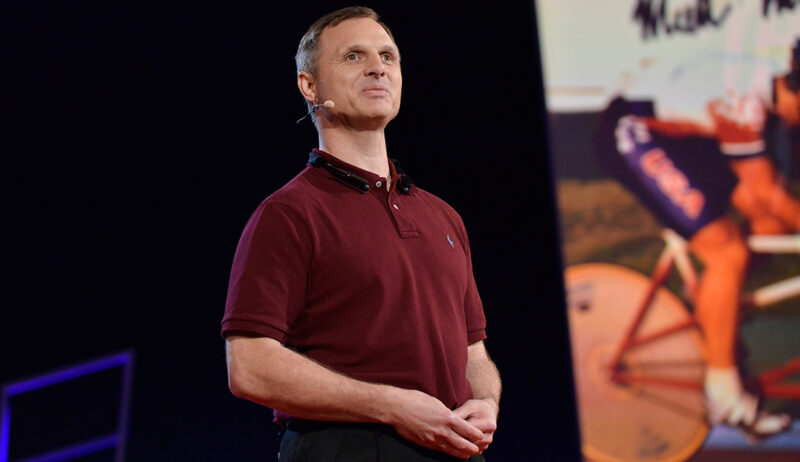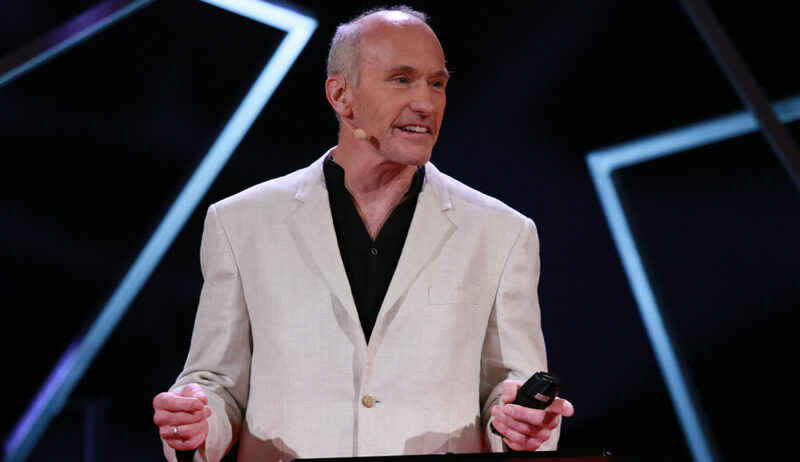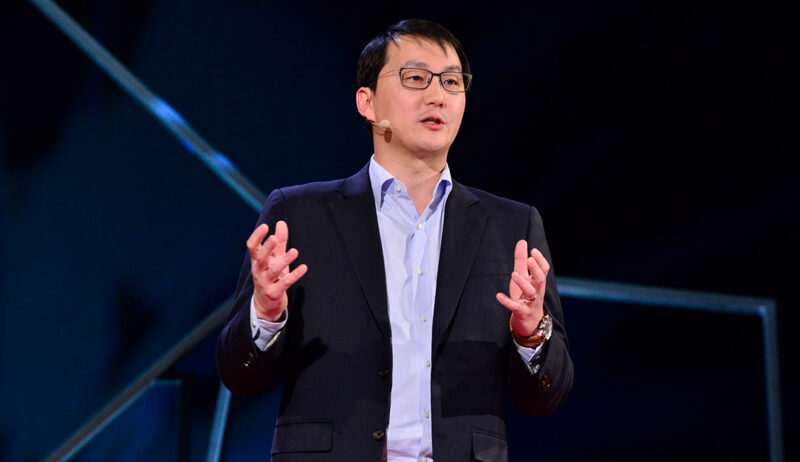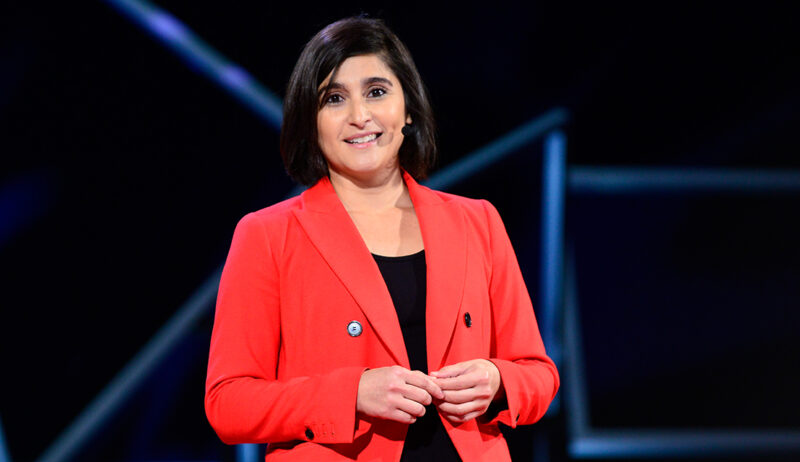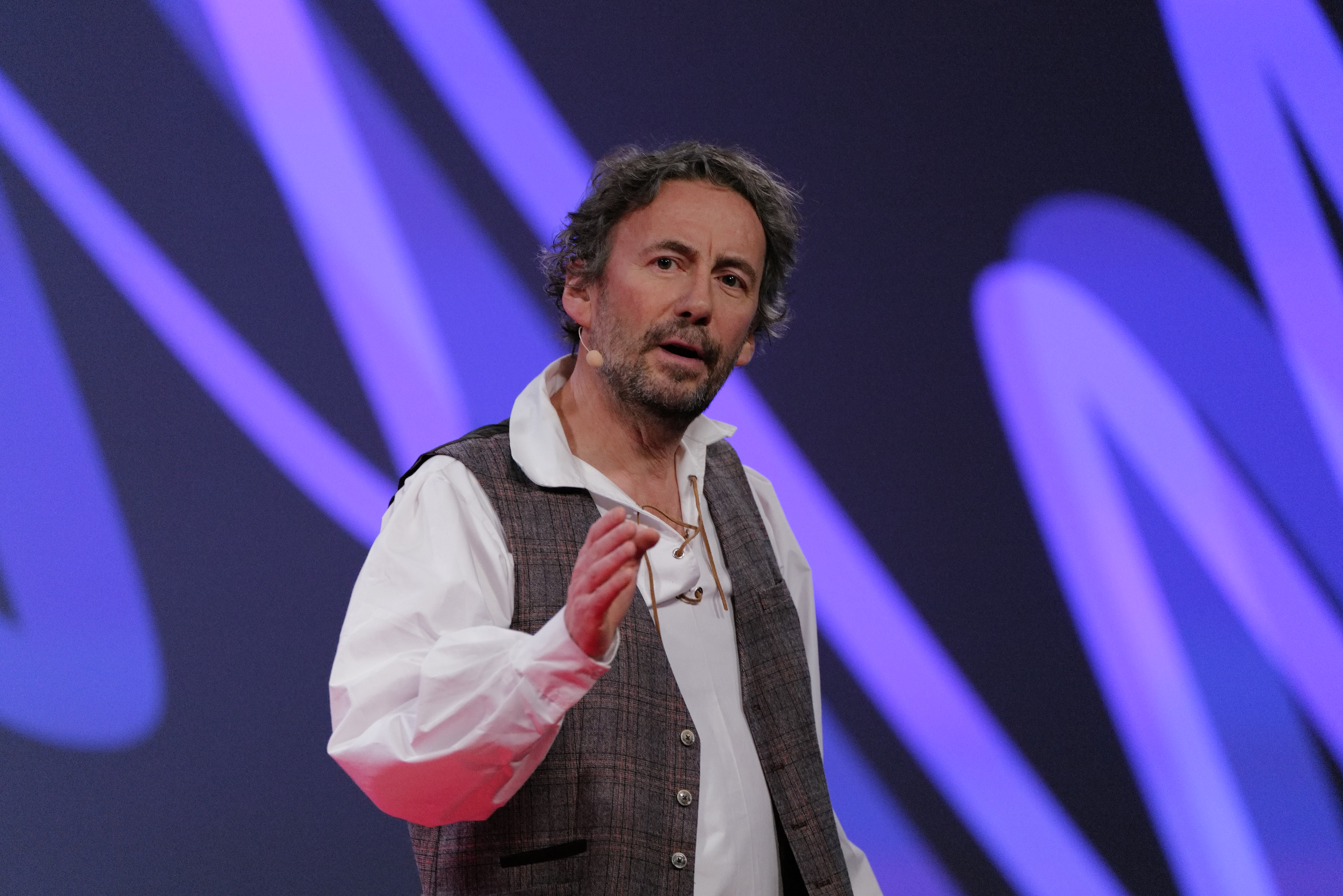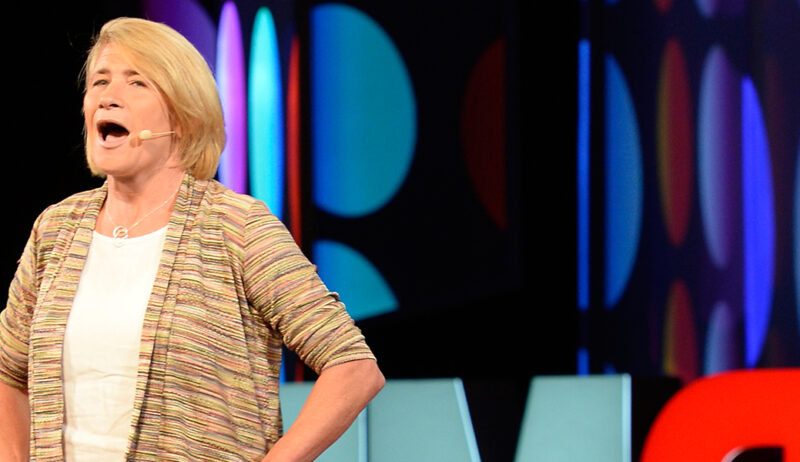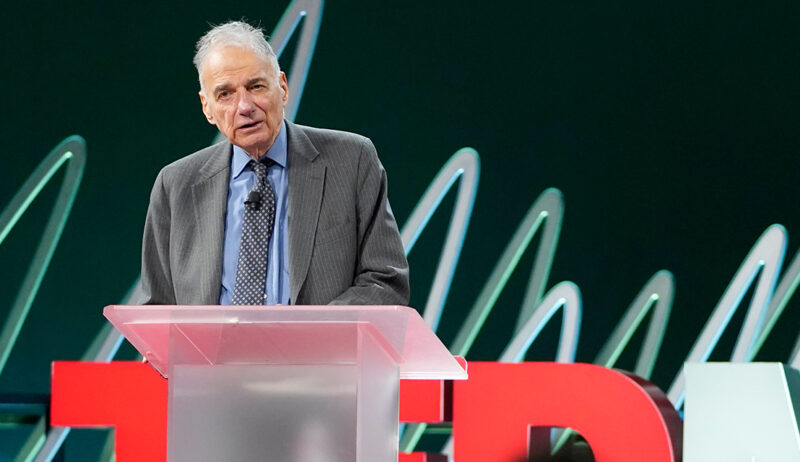About this talk
Do you remember your oldest memory? Jason Shepherd clearly recalls a childhood filled with questioning the world around him, which naturally lead to a life of scientific discovery. As a Neurobiologist, Jason’s curiosity spurred an unexpected finding as he studied the biology behind memory storage, encoding, and retrieval. Exploring the gene called ARC, which is essential to the synaptic plasticity that facilitates learning and cognition, Jason discovered that, at a biological level, the process of memory storage strongly resembles that of viral transmission.
Watch Jason’s TEDMED 2018 Talk to learn how a viral-like evolutionary remnant underlies human memory storage. By diving further into this genetic homology, we may be able to prevent memory related ailments, such as Alzheimer’s, before they strike.
Jason’s Footnotes and References:
(i) retrovirus lifecycle; (ii) Transposon/viral sequences used for evolution of genes; (iii) Central dogma of biology; (iv) The gene program that underlies memory; (v) Anatomy of a neuron; (vi) Donald Hebb – Organization of Behavior (1949); (vii) Review on Arc; (viii) Primary paper that describes our main discovery that Arc resembles a retrovirus; (ix) Fly Arc gene; (x) Arc in Alzheimer’s disease; (xi) CRISPR
About Jason Shepherd
See more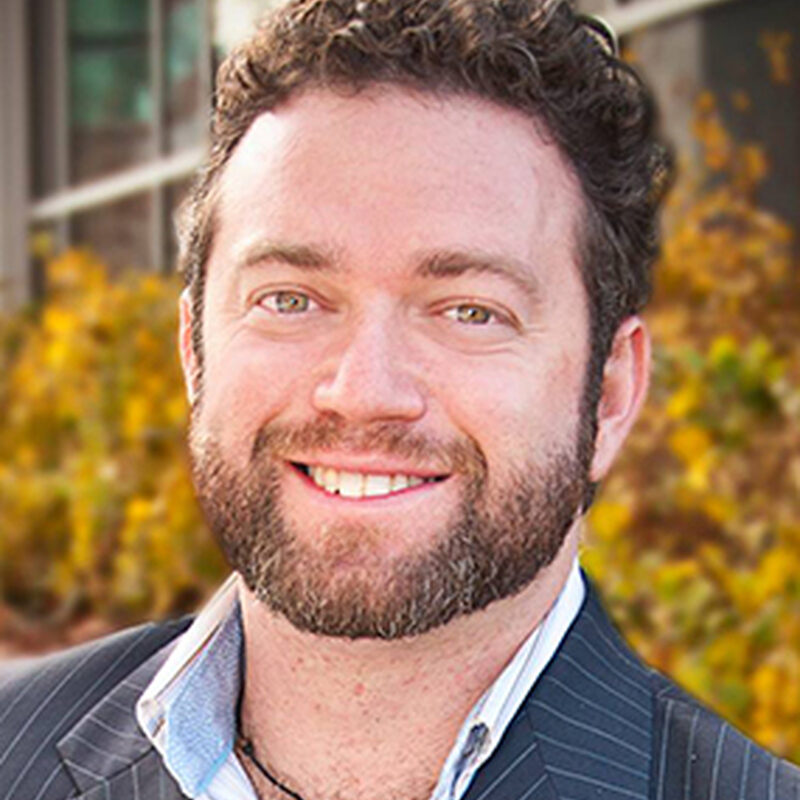
About Jason
Jason Shepherd is a neuroscientist and professor at the University of Utah School of Medicine. His research focuses on how the brain stores information, from the way genes work inside cells to how entire networks of neurons change with experience. He is dedicated to understanding how these processes can go wrong in brain diseases and with aging. The Shepherd Lab is best known for its groundbreaking discovery of a gene called Arc. This gene is essential for long-term memory. Jason’s team found that the Arc gene is very similar to viruses and can create a shell, called a capsid, to transport genetic information between neurons. This finding was a major step forward in understanding how information is encoded and stored in the brain. He has received many awards for his work, including the National Academy of Sciences Kavli Fellowship and the 2010 Gruber International Research Award in Neuroscience. His work is critical for developing new treatments for neurological disorders and for helping to preserve cognitive function as people get older.
